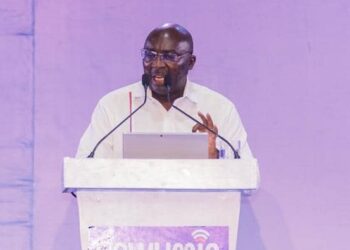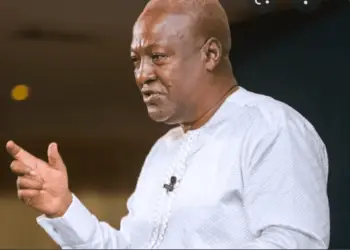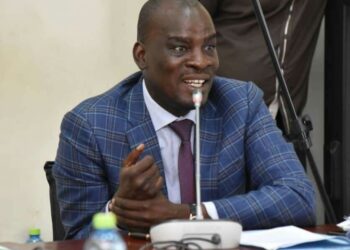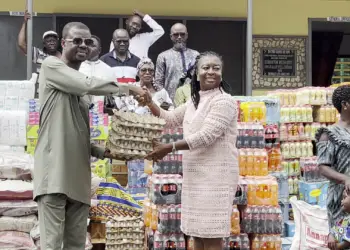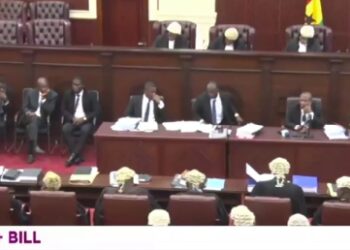Mr Richster Nii Amarh Amarfio, Secretary of the Ghana Tuna Association, has called on government to consider the establishment of a training school to build the capacity of value-chain actors in the fishery sector.
He said such an institution would provide knowledge, skills, competencies and certification to locals to manage the sector.
“In the Tuna sector, hundred per cent of the Captains are Koreans, and it’s because we don’t have a single Ghanaian fishery Captain who can man any of our tuna fishing vessels and it’s a fact. For one to take up this role, one needs competencies, skills, and certification to be able to man a tuna fishing vessel per international standards.
“And we don’t have any training school that is training anybody to be a skipper of any of the fishing vessels, even Engineers, so we don’t even have a fishing officer who is a Ghanaian to say we don’t want to rely on foreigners again,” he stated.
Mr Amarfio made the call in an interview with the Ghana News Agency when the Centre for Maritime, Law and Security (CEMLAWS) Africa, with funding from the Bloomberg Philanthropies under its “Vibrant Oceans Initiative,” launched a fisheries transparency project titled: “Enhancing Transparency in the Fisheries Sectors of Benin, Cote d’Ivoire, Ghana and Senegal,” in Accra.
The comment followed long-standing grief by stakeholders over how foreigners had taken over management of fishing vessels in the country, with Ghanaians often working as their subordinates and sometimes, treated unprofessionally.
The Association’s Secretary said fisheries could be a major economic backbone for the nation if well managed.
To properly manage the fisheries sector, Mr Amarfio suggested that the capacity of those at the operational level (fishermen), regulatory level, academia and research be well built.
“We have a trial and error approach to managing our fisheries sector. We do closed season to see if it works without reporting it. Then we say, let’s add one more month to the closed season, or move it from November to January or February to harvest more.
“Those are not fisheries management. Fisheries management are clear scientific process. When you make an input, you know what to expect as an output,” he said.
SEND A STORY: Do you have a story for us or need a promotion/advertisement? Submit them via our email dannyboy744@gmail.com and via on +233 266777777



